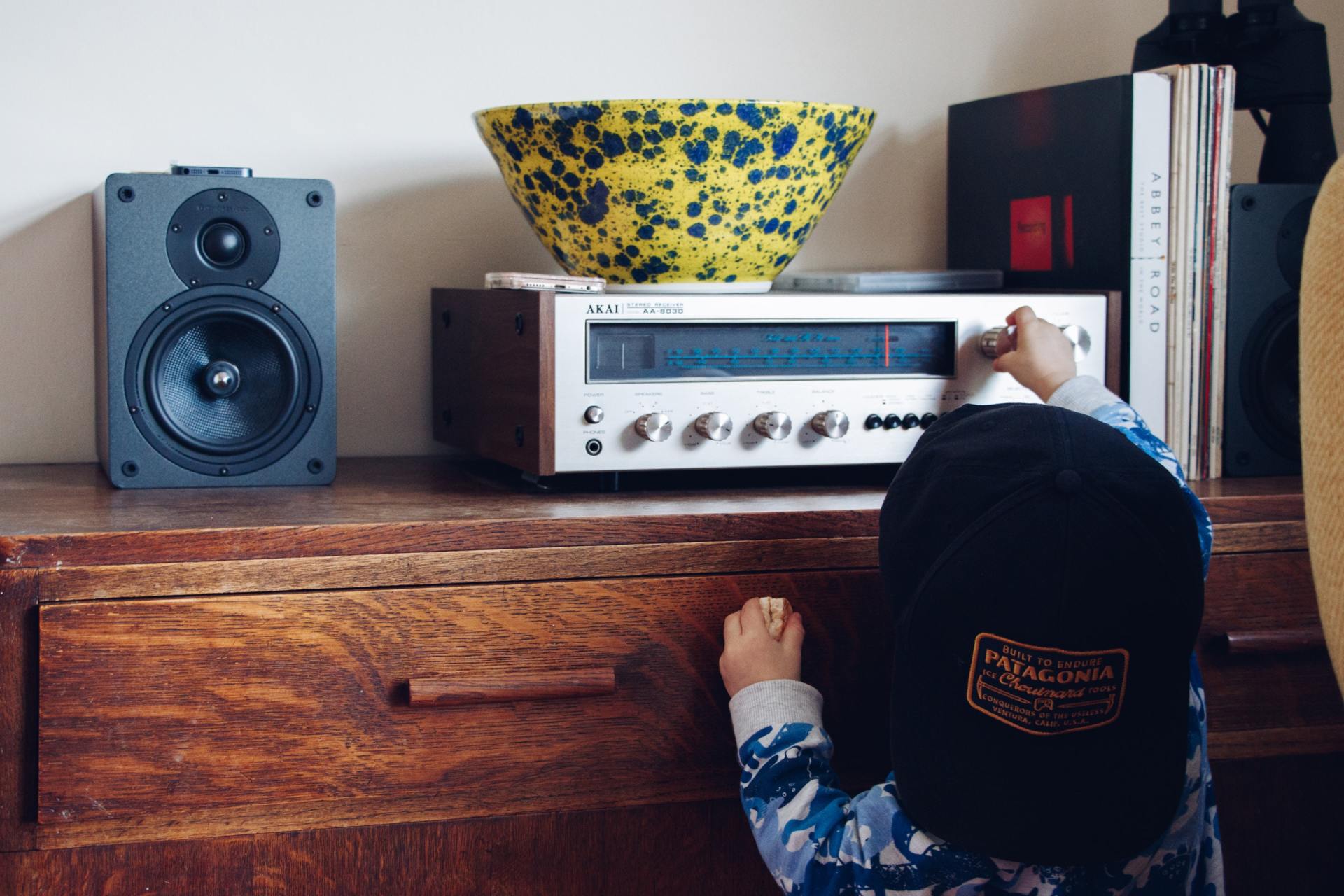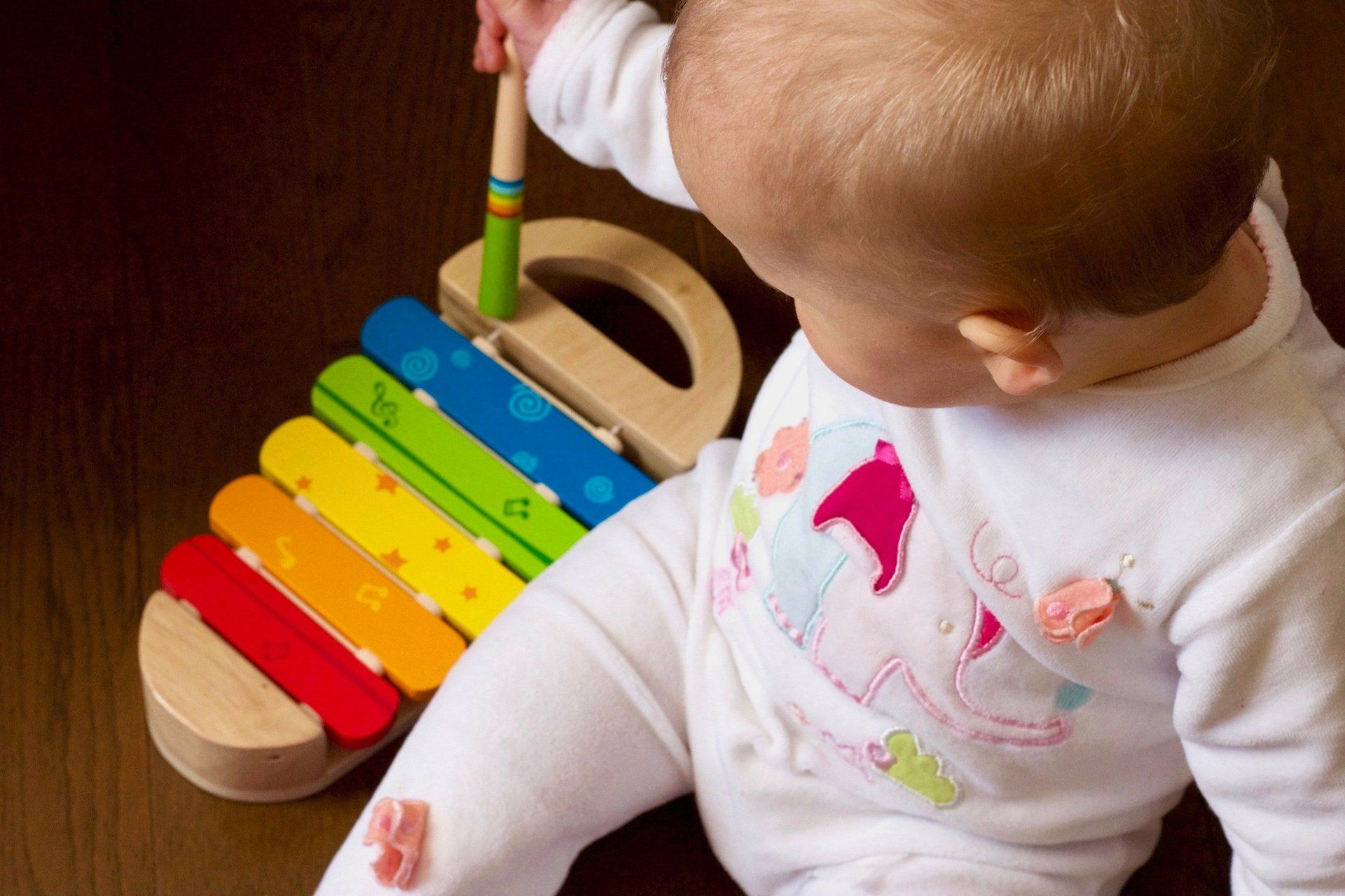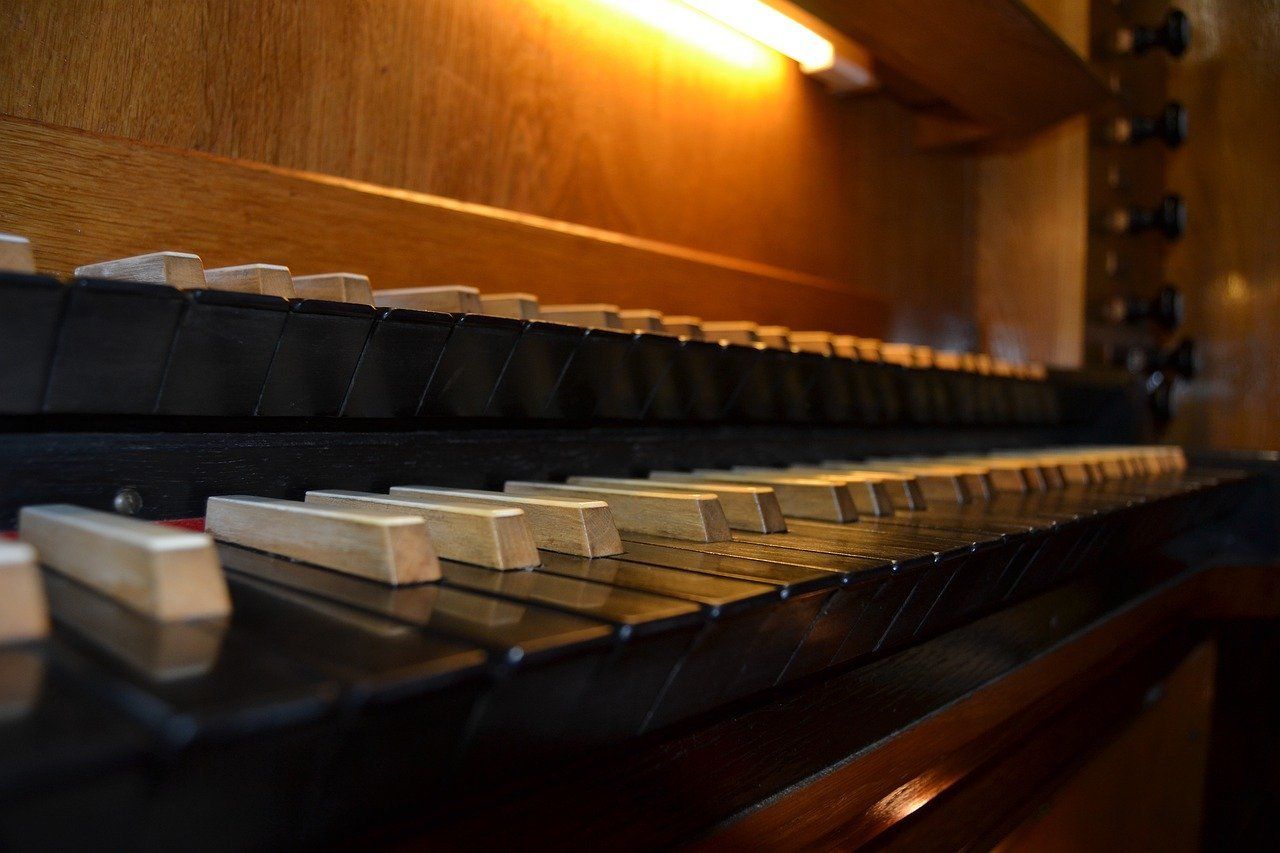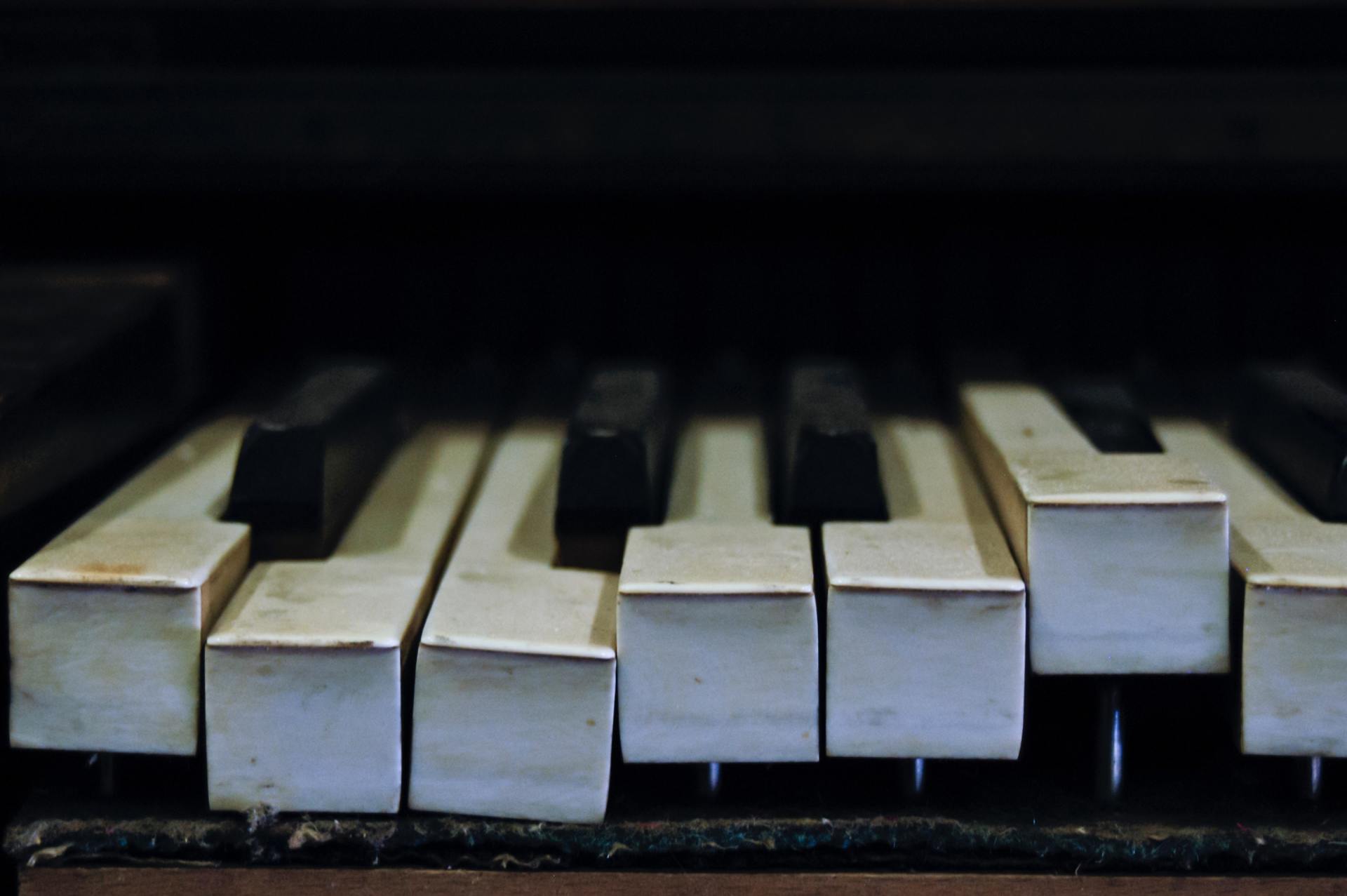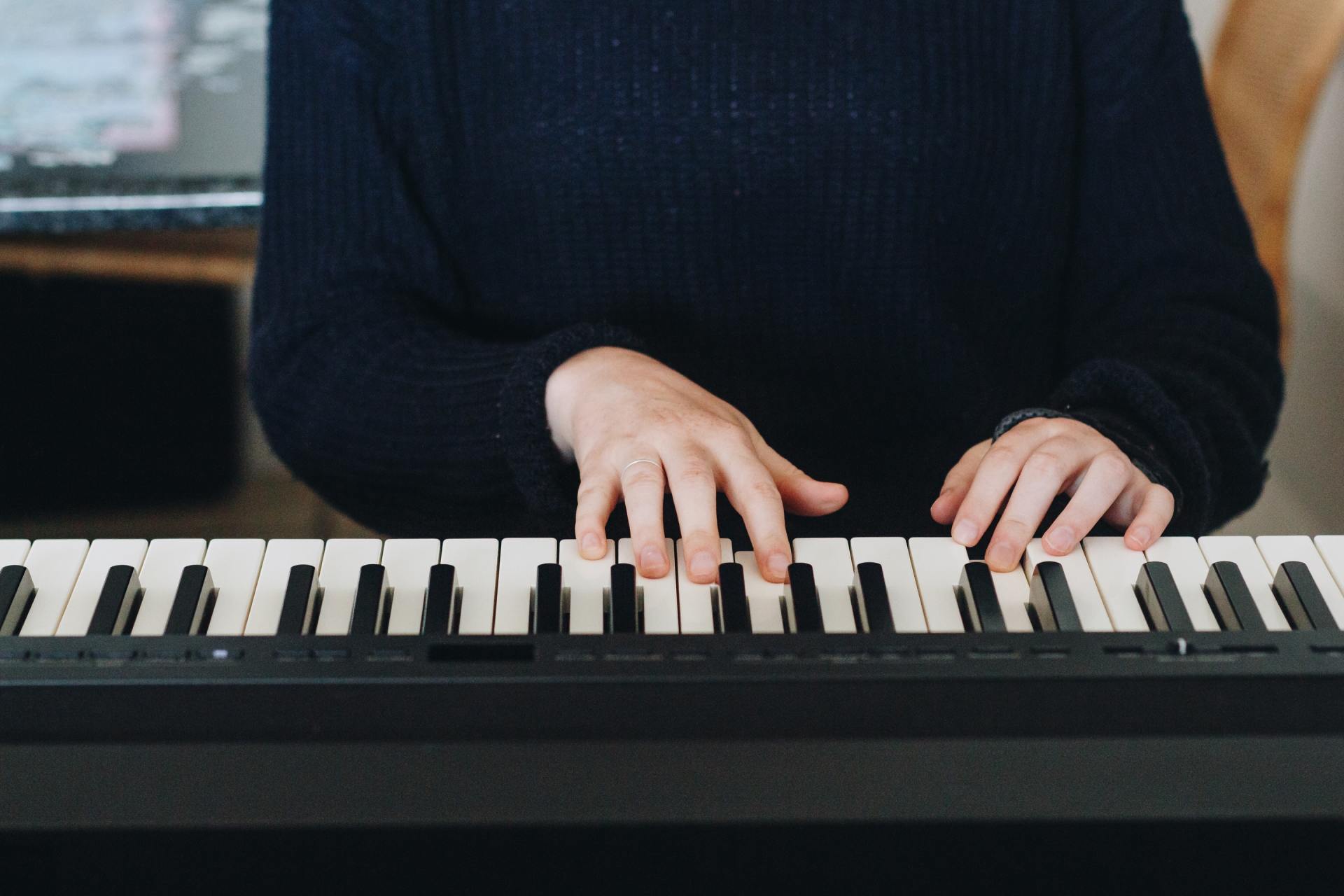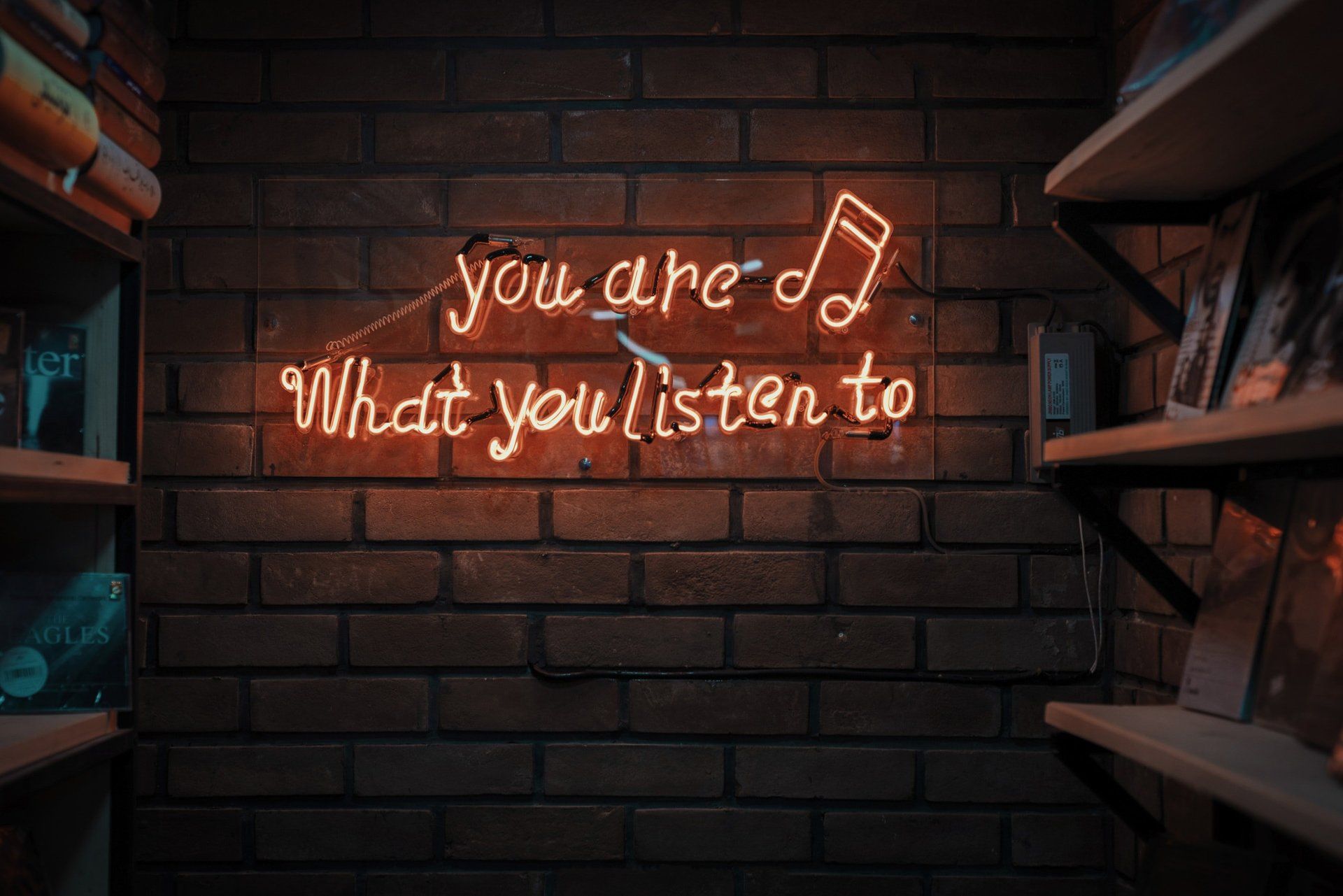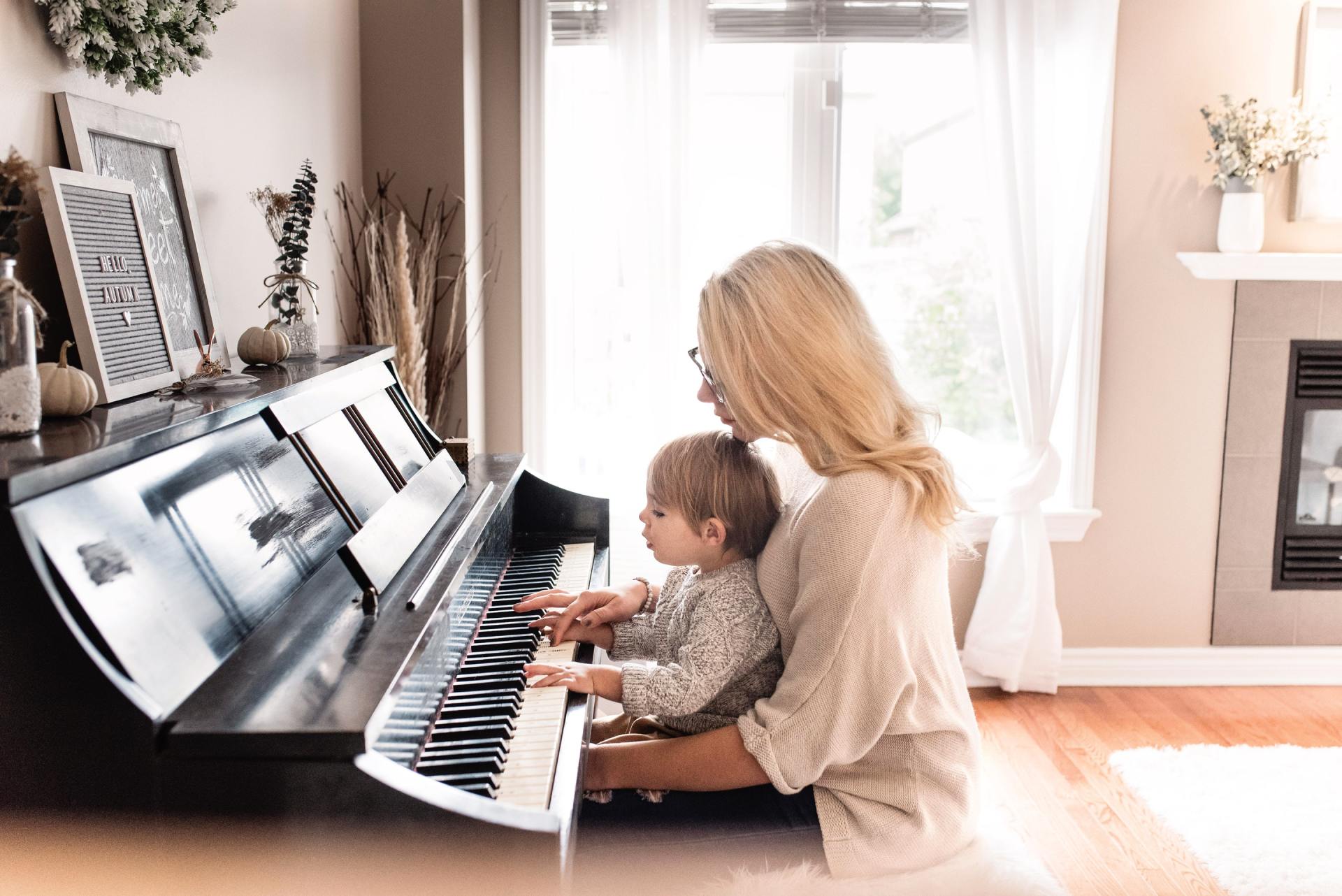Buying a Family Piano - What to Consider
Piano & Organ Repair Staff • November 11, 2019
A Family Piano is a investment in an important family hierloom
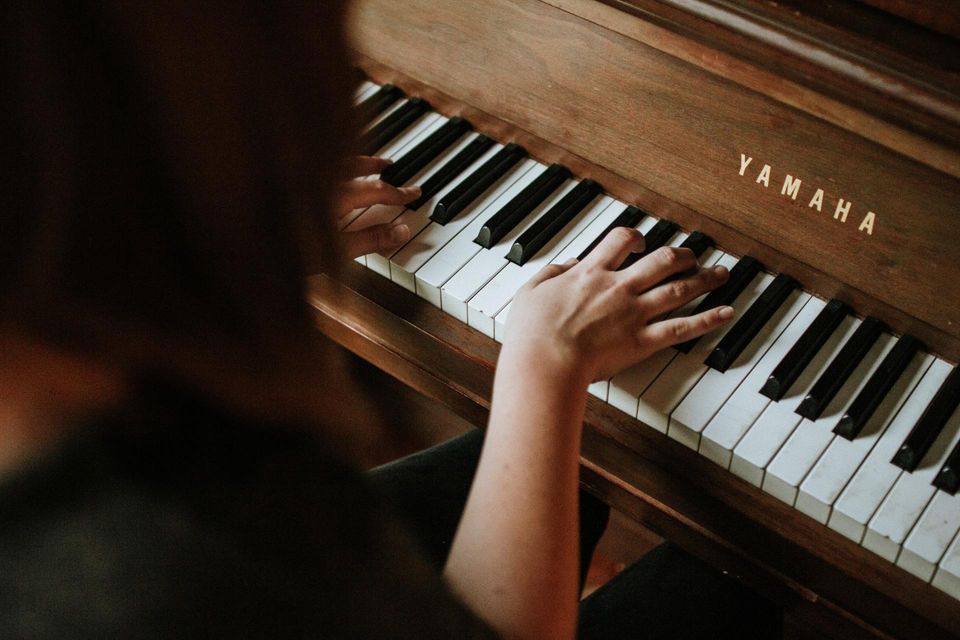
Many households form traditions around the family piano. A staple in many childhoods, the addition of a piano to the living space gives an aura of elegance, as well as providing a space for members of the household to develop a new skill, but what kind of piano would be the best fit for your home? How do you decide which type of piano feels right for you? The following factors should play a role in deciding which keyboard is best for your family.
Know what kind of space you have for the instrument.
Not every home has space for a full grand piano, and that’s okay. There is nothing wrong with investing in beautiful upright piano, which are generally cheaper, and noticeably more compact than their grand piano cousins. An upright piano takes up less space in terms of depth because the cords that give the piano it’s well known sound run vertically through the body of the instrument, instead of horizontally through the body as in the case of a grand.
Another factor that plays into the size of a piano is the amount of keys that makeup the keyboard itself.
A standard, concert-ready piano will feature 88 keys, but models with fewer keys are available for household use. Electing to take in a piano with fewer than 88 keys will reduce the width of the floor space that your instrument will take up.
Know what you want to invest in your piano.
While purchasing a brand new instrument can be enticing, used models are a worthwhile consideration. Especially when purchasing from a refurbishing shop, a used piano can provide the same quality of sound as a piano that is brand new. Much like when in the market for a new vehicle, the biggest risk of buying used is the degree of wear and tear that the body of the instrument has been put through. If the body of the instrument has been dented, scraped, or otherwise damaged, the sound quality will likely be diminished when compared to the same model purchased new from the manufacturer.
Remember that upkeep is a piece of the financial factor.
Like with any instrument, pianos need attention on a regular basis in order to assure that everything is in working order. In contrast to other common family instruments, pianos need professional attention for many issues faced with the instrument. Should you choose to invest in a brand new piano, your first year of service will require four visits for tuning alone. If you’re purchasing an instrument used, after an initial inspection and servicing, you will likely only need one maintenance appointment per year. The strings of the piano will settle over time, decreasing the need for regular tuning, however the general use of the piano will incur a higher need for service to the action of the keys and the pedals of your instrument.
Even with every consideration given its due, choosing the perfect piano for your home can be a challenge. We would love to help you make the decision for which instrument best suits you! For help in consulting, feel free to fill out the contact form below, or to give us a call at 607-324-7059 (west of Corning NY) or 607-732-9629 (east of Corning NY).
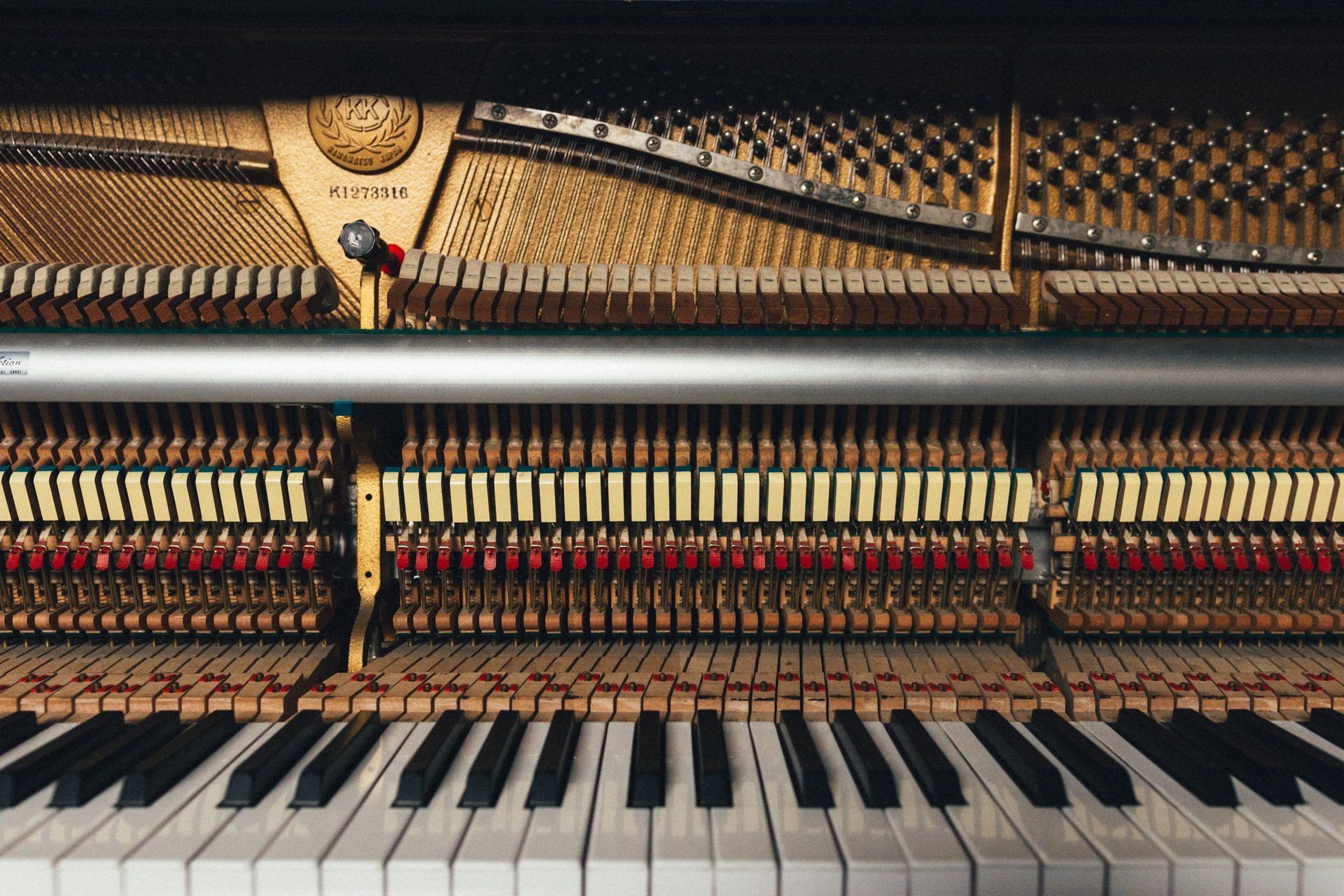
There are plenty of ways to keep our keyboards in good shape, but normal wear and tear will take an inevitable toll; in order to properly maintain your instrument, a maintenance professional is vital. While pianos should be tuned at least once a year, there is likely to be other cause to call for professional help.
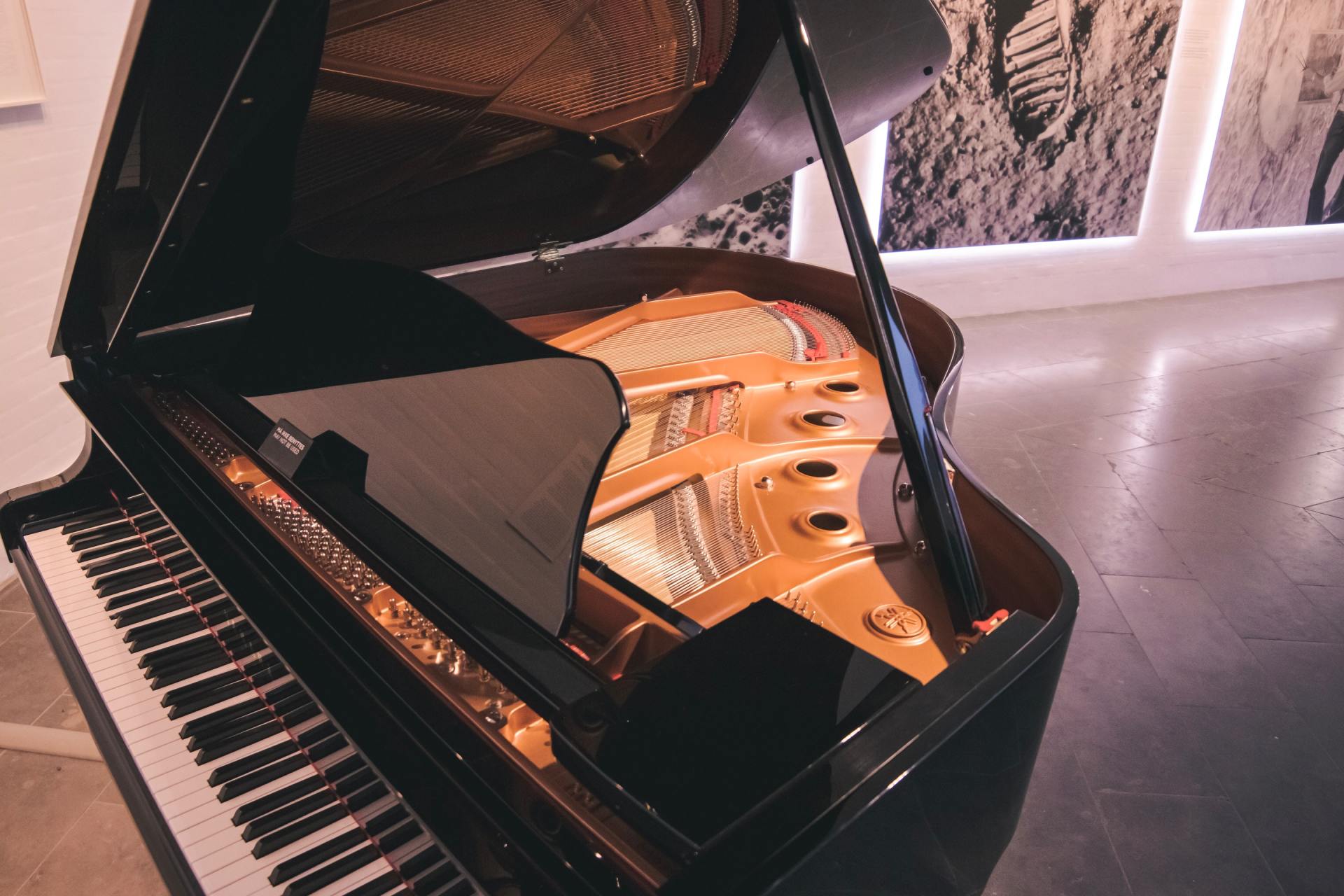
Why Does My Piano Go Out of Tune? Piano strings are under a great deal of tension, which is supported by the frame, plate, pinblock, tuning pins, bridges and soundboard. Anything which effects the position of these parts will cause a change in the tension and make the piano go out of tune. Why Do My Keys Stay Down? Push down on he back end of the key, near the capstan. If both ends of the key go down at once the key is broken. If the back end of the key will not go down, a foreign object, like a crayon has fallen under it. If the back-end of the key goes down and the front comes up, determine if the key or action is sticking. Hold the key down in the back with one hand, raise the whippen with the other hand and release the whippen. If the whippen drops to its resting position properly the key is stuck. If the whippen stays up the trouble is in the action. If the front of a white key binds on the keyslip, remove the keyslip and insert shims made of paper or business card stock in the appropriate places so that the shims will hold the keyslip away from the front end of the keys. Why are My Keys Sluggish? If the piano key plays the action properly, but is slow in coming back up, remove the key and ease both the front & balance rail bushings, or sand spots which bind to the adjacent key. What Should I do About Broken Hammer Shanks? Hammers usually break in the middle. To repair, first remove the butt or flange in a grand piano, in an upright piano use a flange screwdriver. Remember, do not apply excessive pressure to the jack. Apply glue, align the parts and press them together. Remove excessive glue and wrap the joint with heavy thread. The thread may be removed and the shank sanded and cleaned after the glue has dried.

